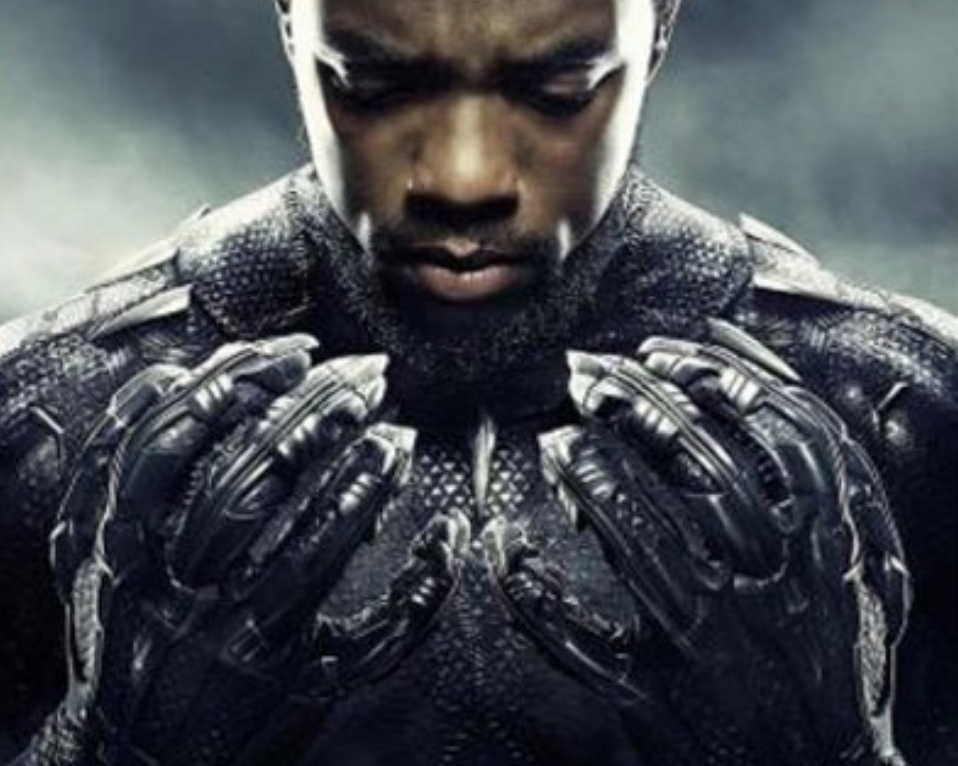It was the kind of open-ended question researchers ask when they want survey participants to have every possible chance to give a good answer.
Thus, a recent 50-state study of Millennials and younger "Generation Z" Americans included this: "During the Holocaust, Jews and many others were sent to concentration camps, death camps and ghettos. Can you name any concentration camps, death camps or ghettos you have heard of?"
Only 44% could remember hearing about Auschwitz and only 6% remembered Dachau, the first concentration camp. Only 1% mentioned Buchenwald, where Nobel Laureate Elie Wiesel was a prisoner when the American Third Army arrived.
Another question: "How was the Holocaust carried out?" While 30% knew that there were concentration camps, only 13% remembered poison-gas chambers.
"That was truly shocking. I have always thought of Auschwitz as a symbol of evil for just about everyone. … It has always been the ultimate example of what hate can lead to if we don't find a way to stop it," said Gideon Taylor, president of the Conference of Jewish Material Claims Against Germany.
It was a sobering "wake-up call," he added, to learn that half of the young Americans in this survey "couldn't name a single concentration camp. … It seems that we no longer have common Holocaust symbols in our culture, at least not among our younger generations."
Popular culture is crucial. It has, after all, been nearly 30 years since the release of Steven Spielberg's "Schindler's List," so that landmark movie isn't a cultural reference point for many young people. And it's been 20 years since the original "X-Men" movie, which opens at the gates of Auschwitz, and almost a decade since "X-Men: First Class," which offered a variation on that concentration-camp imagery.
Old movies and school Holocaust-education materials, said Taylor, are clearly being buried in information from social media and Internet search engines.










